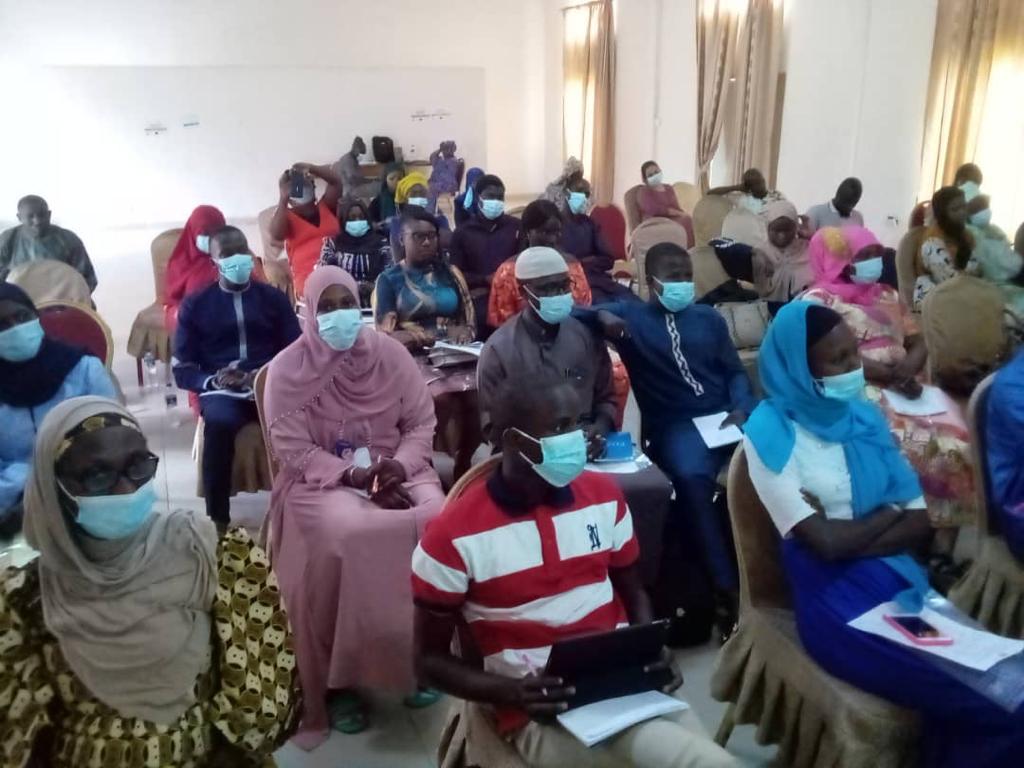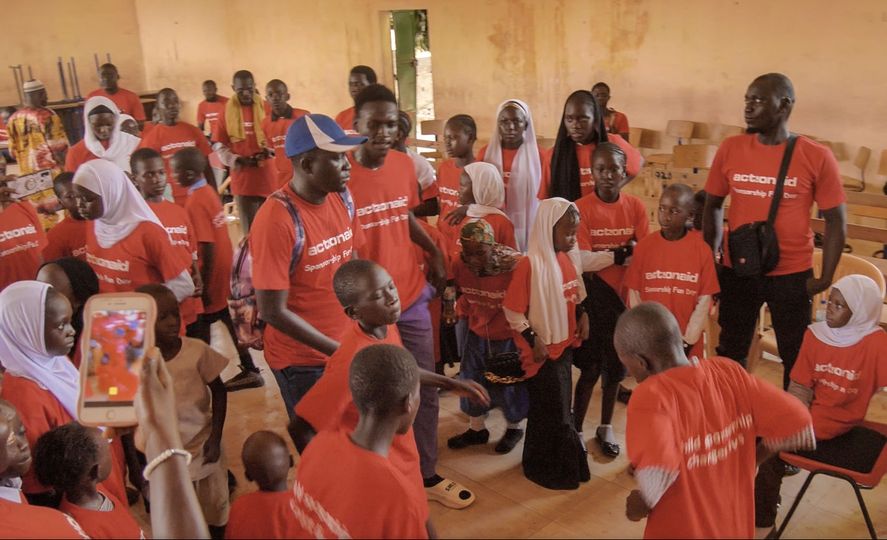By Momodou Faal, Information officer, Ministry of Health
The Ministry of Health (MoH) training of trainers workshop for health service provider held in Mansankoko in Lower River Region was last week ended.
Speaking at the forum, Madam Fanta Bai Secka, Deputy Permanent Secretary for Administration and Finance said the project aimed at strengthen the national public health preparedness capacity to prevent, detect and respond to the COVID-19 and future public health emergencies in The Gambia.
Also to improve utilization and quality of essential health services as well as increase coverage of health insurance, and improve progress towards achieving universal health coverage in The Gambia.
She noted that as part of the projects’ implementation processes, a Stakeholder Engagement Plan (SEP) was developed to enhance consultations and engagement with affected partiers, vulnerable individual/groups and other project stakeholders including local communities, community members and other parties that may be subject to impacts from the project.
She explained that the SEP also seeks to prevent and address key potential social risks and impacts related to the project include risks of gender-based violence, sexual exploitation and abuse, or sexual harassment (GBV/SEA/SH) to Project workers and beneficiaries.
Noting that it is as a result of this that the Ministry of Health and partners developed a GBV, GRM and Work Procedure manual to guide staff and partners to identify and respond to gender based violence (GBV) risks related incidents and enhance engagements between project staff and beneficiaries.
Buba Darboe Program Manager Health Communication Directorate of Health Promotion and Education Ministry of Health pointed out the overall objectives of the Training of Trainers for Health care Service Providers. He said it is to prepare health, social workers and others to implement health projects in the context of gender based violence, prevention, control, grievance and Management.
Among other aims of the training, he said is to enhance consultations and engagement with affected parties, vulnerable individual/groups and other project stakeholders including local communities, community members and other parties that may be subjected to impacts from the project
He added that a step down training will also be conducted at the projects sides and the knowledge gained would be shared with both communities and health facilities.





